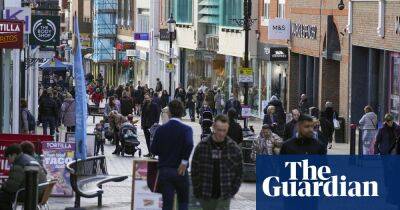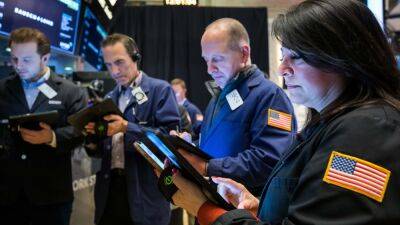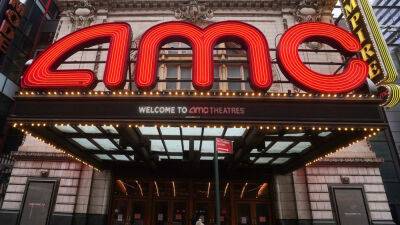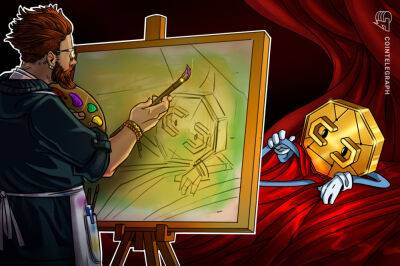Museums in the metaverse: How Web3 technology can help historical sites
Metaverse events at ancient and historical sites could soon shape up to be an alternate future for tourism.
Owners of physical castles and villas who have drafted up augmented reality blueprints of their properties think their ambitious plans to attract visitors in the metaverse will work, as virtual events can help them pay the hefty maintenance bills for their aging properties and also offer a chance to change historical narratives.
The metaverse tourism model was expedited by downturns in tourism brought about by COVID-19, but the industry may have already been heading that way.
Currently, major metaverse platforms are clunky, difficult to use and waiting for more “real estate” development, but firms are concentrating on what could be. Brands seem to be entering the metaverse en masse just for PR bragging rights.
So, it seems the possibility of learning existing, new and revised histories through the metaverse is not so remote.
Michelle Choi, founder of 3.O Labs — a Web3 venture lab — turned to digital opportunities to finance the upkeep of physical paintings, such as selling nonfungible tokens, or NFTs, as fundraisers to preserve illiquid assets.
Choi was a product manager at Google when she noticed the downturn in museum tourism due to COVID-19, seeing it as an opportunity for future metaverses. She subsequently quit her job and started her own metaverse experiments.
She began by working with a team to launch Non-Fungible Castle, an NFT exhibition and auction at Lobkowicz Palace, a real-life castle in Prague, held in October 2021. The event saw NFTs displayed next to 500-year-old paintings and had the goal to “broaden accessibility to cultural heritage.”
The launch raised enough to cover the restoration of all urgent
Read more on cointelegraph.com



















